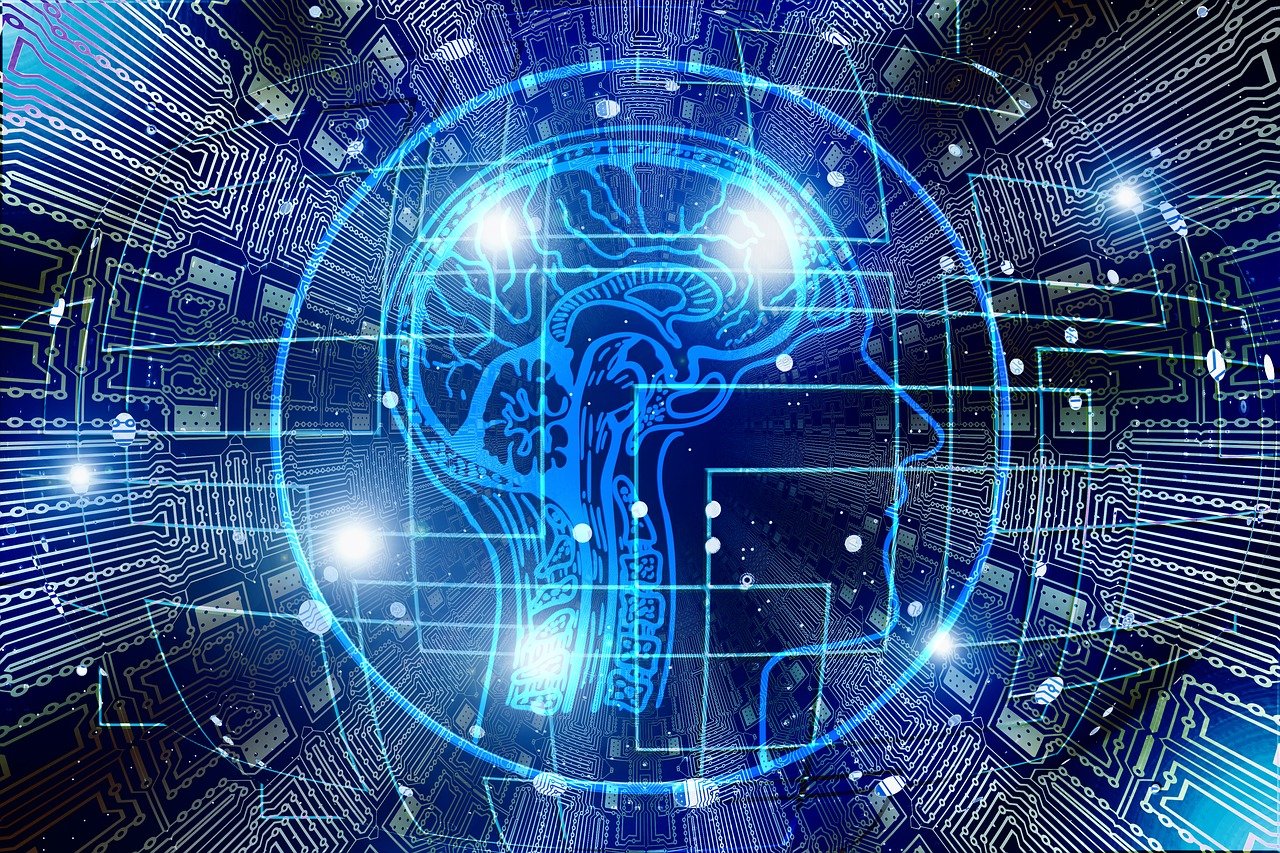There are two factions working to prevent AI dangers. Here’s why they’re deeply divided.
By Kelsey Piper,
Vox
| 08. 10. 2022
There are teams of researchers in academia and at major AI labs these days working on the problem of AI ethics, or the moral concerns raised by AI systems. These efforts tend to be especially focused on data privacy concerns and on what is known as AI bias — AI systems that, using training data with bias often built in, produce racist or sexist results, such as refusing women credit card limits they’d grant a man with identical qualifications.
There are also teams of researchers in academia and at some (though fewer) AI labs that are working on the problem of AI alignment. This is the risk that, as our AI systems become more powerful, our oversight methods and training approaches will be more and more meaningless for the task of getting them to do what we actually want. Ultimately, we’ll have handed humanity’s future over to systems with goals and priorities we don’t understand and can no longer influence.
Today, that often means that AI ethicists and those in AI alignment are working on similar problems. Improving...
Related Articles
By Staff, The Medicine Maker | 03.21.2025
"The Promise and Peril of CRISPR" cover by Johns Hopkins University Press
As a paediatrician taking care of children with sickle cell disease, Neal Baer, a Harvard Medical School graduate, was in awe of the power of CRISPR technologies. Later...
By Luis Prada, Vice | 03.14.2025
public domain photo by Voice of America via Wikimedia Commons
Back in 2019, Chinese biophysicist He Jiankui proudly announced to the world that he had created two genetically edited human babies, fully expecting a round of applause and three cheers...
By Oriol Güell, El País | 02.17.2025
A “small strand of blood in the poop.” This was the first sign, initially viewed as unimportant, that put Jesús Lunar and Cristina López on the trail that something was happening with their son’s health. Javier had been born on...
By Blene Woldeselasse, Humans Rights Research Center | 02.18.2025
Three Thai women have been rescued from a human egg trafficking operation in Georgia, run by a Chinese human trafficking syndicate. One of the victims, speaking anonymously at a press conference, revealed how she was deceived by an online job...




